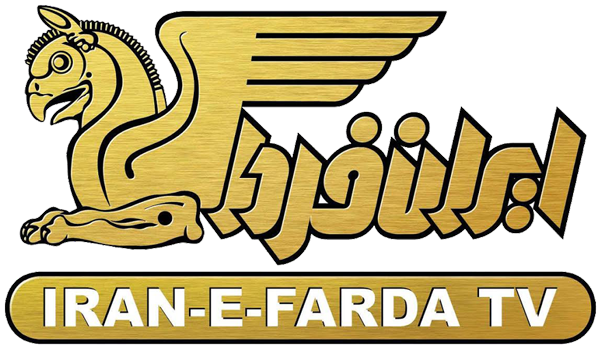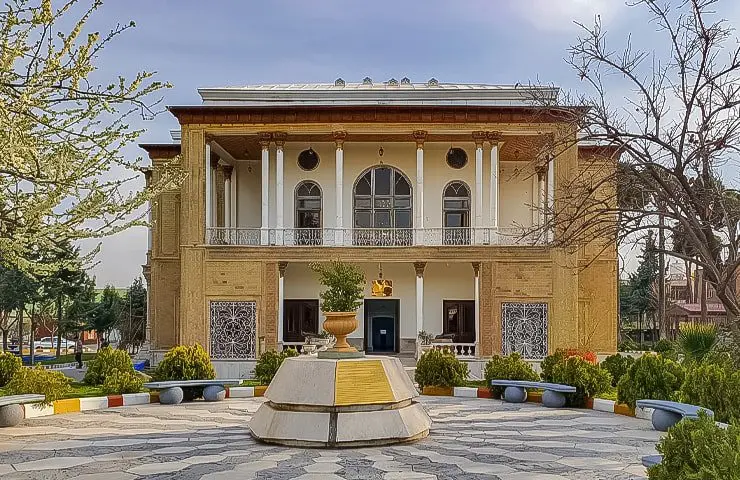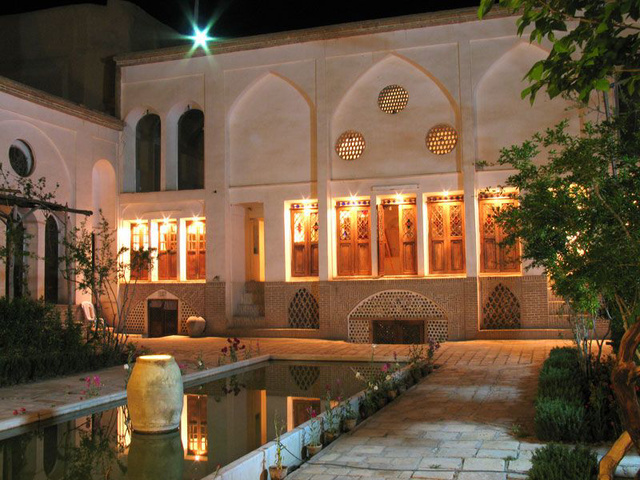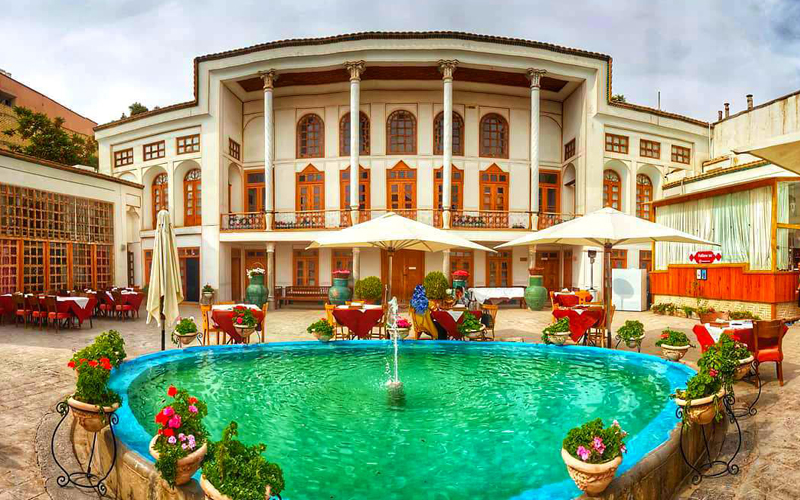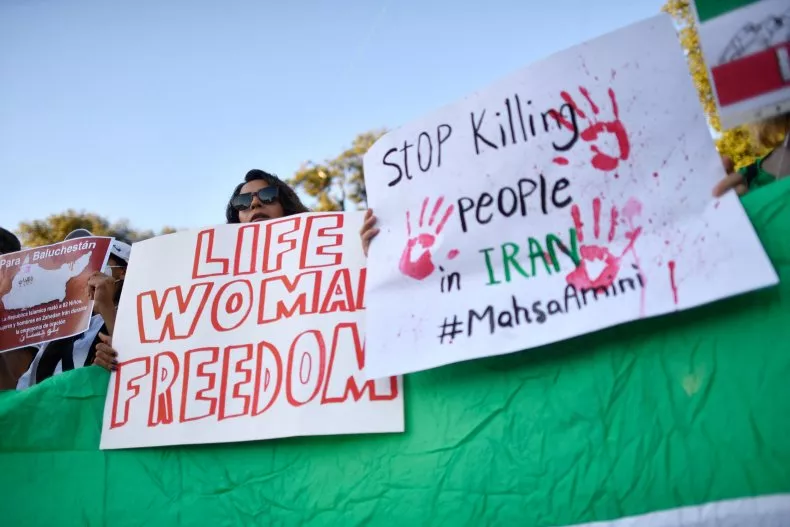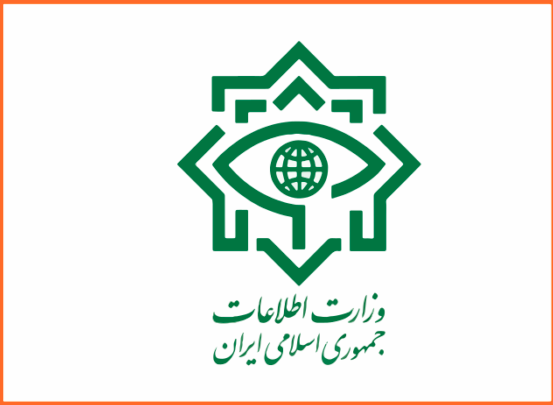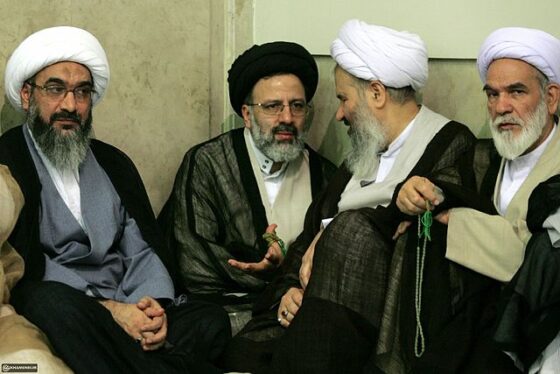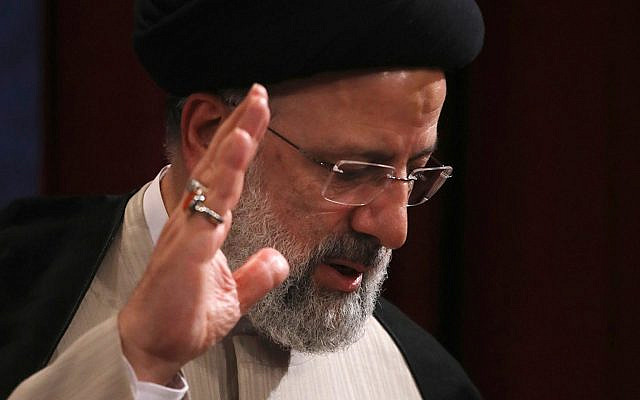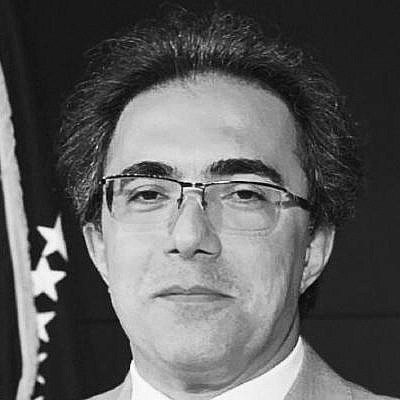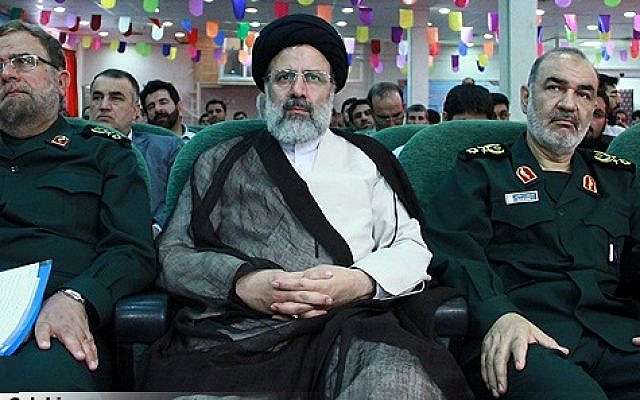Are the US and Iran talking behind the scenes?
Published on: 2020-08-16
by Sina Toossi
“I think Iran and [Donald] Trump are close to a win-win agreement,” veteran Iranian journalist and BBC Persian correspondent Masoud Behnoud recently tweeted on August 8. “Trump has a failed record on foreign policy and will give concessions on the eve of the election. Iran also wants rewards for its patience, especially its patience in the face of the recent explosions.”
Behnoud’s striking prediction comes amid a swirl of rumors about ongoing diplomatic backchannels between the United States and Iran. This includes reports from different Iranian outlets and statements by Iranian officials suggesting significant sanctions relief on the horizon. While some of these rumors appear outlandish, there is a consistency among various reports that warrants giving them attention, even if they may simply be aimed at meeting the objectives of political and economic interests in Iran. It’s worth noting that there is no firm evidence of US-Iran dialogue to date.
Sources in Iran allude to US-Iran talks
An initial wave of speculation was set off on August 6 by President Hassan Rouhani’s chief of staff Mahmoud Vaezi during his visit to an automobile manufacturing plant. Vaezi said that sanctions on Iran would be eased soon: “With the signals that we have received from European and Asian countries and others, we are in the final days of sanctions. This is because the sanctioning country has reached none of its political, economic, social, and security goals.” Vaezi added that the situation in Iran would be better in the coming months.
Vaezi’s comment left many wondering how sanctions could be eased during current circumstances. There have been no formal US-Iran negotiations and the Trump administration is pushing hard to renew a United Nations (UN) conventional arms embargo on Iran. If that fails, the Trump administration has said the US will attempt to snapback punitive UN sanctions on Iran.
However, a few days after Vaezi’s remarks, the top Rouhani administration media outlet, the Iran newspaper, ran a story about an alleged backchannel for US-Iran negotiations. The paper referenced a report in the Lebanese newspaper el Nashra, citing an anonymous source that said that Germany has been mediating between the US and Iran. Curiously, no such report exists on the el Nashra website, but according to the Iran newspaper’s account, the talks are at an “advanced” stage and “concluding.”
The report recalls the Omani backchannel that jumpstarted bilateral US-Iran negotiations during the Barack Obama presidency, which eventually led to the P5+1 talks that agreed upon the Joint Comprehensive Plan of Action (JCPOA).
Iran newspaper’s report further explained: “Everyone will deny these negotiations and this is what happened in the past.” The paper adds that regional tensions between the US and Iran will increase as each side seeks to increase its leverage for “final negotiations.” It then cites recent comments by President Trump saying that he would reach a deal with Iran in “four weeks” if reelected and mentions Vaezi’s comments on looming sanctions relief.
The next report that added to a flurry of speculation came from Iranian state media outlet Iranian Labor News Agency (ILNA). This report also cites an anonymous source and similarly discusses a German-led effort to facilitate US-Iran diplomacy. ILNA says that Germany has teamed up with the United Kingdom to offer a proposal where the Trump administration would waive “non-targeted sanctions” against Iran upfront, implying broad sanctions relief. There would then be negotiations on issues “relevant to the US and Iran” and between Tehran and Saudi Arabia.
ILNA’s source further states: “To show goodwill and return to the 2015 agreement, these non-targeted sanctions will be temporarily waived and, if the result is positive, their lifting will be permanent.” They added that the US will review this issue in eight to ten days.
The ILNA report immediately caused a stir on Iranian social media. However, soon after it was published, the Iranian foreign ministry’s spokesperson Abbas Mousavi dismissed rumors. Mousavi said it is “not unlikely that the defeat of US sanctions on Iran is the subject of quarrelling between the US and Europe.” But, he said, the US must lift all the “illegal and oppressive” sanctions it imposed after withdrawing from the JCPOA—Iran’s longstanding demand of the Trump administration.
Interestingly, ILNA ran a follow-up report citing another anonymous official. This official said that there have been no negotiations between Iran and the US or Europe on lifting sanctions. The official went on: “The Europeans cannot carry messages or proposals to other countries without getting the consent of Iran.”
The context of the rumors
The reports from the Iranian outlets also come amid other potential signs of shuttle diplomacy regarding Iran. On August 11, German Foreign Minister Heiko Mass traveled to Moscow and met with Russian Foreign Minister Sergei Lavrov. Amid rampant speculation about a German channel to decrease US-Iran tensions, Maas and Lavrov discussed efforts to “preserve the JCPOA.” At a joint press conference with Maas, Lavrov said that European countries have offered “ideas” on how to save the deal and Moscow has introduced its own “proposal that can help with the resumption of cooperation among the JCPOA member states.”
On July 21, Iranian Foreign Minister Mohammad Javad Zarif also travelled to Moscow and met with Lavrov. Zarif delivered a “special” letter from President Rouhani to his Russian counterpart Vladimir Putin, which was later confirmed to be about the JCPOA and the UN arms embargo issue. After Zarif’s trip to Moscow, President Trump had a phone call with Putin on July 23. According to the Kremlin readout, the call was primarily about strategic stability and arms control issues as well as Iran’s nuclear program. Weeks later, on August 6, the State Department’s Iran envoy Brian Hook announced his sudden resignation on the eve of the US push to extend the UN arms embargo.
On the Iranian domestic politics front, there are also signs of renewed high-level debate on whether Iran should engage the Trump administration. Supreme Leader Ayatollah Ali Khamenei has consistently opposed any new talks with the US, while Rouhani has been more conciliatory at times and contends a deal was close in 2019 during the UN General Assembly. Back then, Rouhani agreed to a four-point proposal by French President Emmanuel Macron to lift US sanctions on Iran.
Recently, Khamenei gave a speech where he voiced opposition to negotiations with the US again, declaring: “I have said the reason for not negotiating with the US many times, but some [domestically] either don’t understand or pretend to not understand.”
Khamenei further exclaimed that US “propaganda” says that “if you want sanctions to go away, make concessions, stop being steadfast.” He added: “Unfortunately, some domestically repeat this wrong solution [to overcoming sanctions].”
Khamenei’s public remarks suggest increased pressure on him to accede to new negotiations with the United States. The aforementioned reports could be part of an effort to build up public expectations and elicit flexibility from Khamenei. In the lead up to Obama-era nuclear negotiations, it took intense domestic maneuvering from Rouhani and his allies to bring Khamenei onboard with negotiations and convince him to demonstrate “heroic flexibility.” Alternatively, these reports could also be aimed at stabilizing the rapidly fluctuating Iranian currency, the rial, which has in fact strengthened against the dollar in recent days.
How badly does Trump want a deal?
The rumors of a potential US-Iran backchannel also begs the question of whether Trump would really be willing to offer Iran tangible concessions before the November presidential election. As BBC Persian’s Behnoud notes, Trump has no foreign policy victories to his name. He did, however, play a role in the UAE and Israel moving to normalize relations. But this is unlikely to be viewed by voters as a major achievement, with many analysts describing it as more of a symbolic unveiling of a relationship that has deepened over the years. A deal with a decades-long adversary Iran could help Trump solidify his self-avowed deal-making credentials in a combative presidential campaign. At the same time, however, it could cost him dearly with evangelicals and conservative donors.
If Trump’s former national security advisor John Bolton is to be believed, political constraints are the major factor holding Trump back from a deal with Iran. But for Iran, it is a different story. Iran has already weathered the worst of US economic pressure and faces the prospect of Trump losing to former Vice President Joe Biden, who has committed to returning to the JCPOA. With Trump behind in the polls, Tehran has little incentive to boost his campaign by agreeing to a deal or photo-op so close to the US election in November.
If there is an ongoing US-Iran backchannel, it may be similar to the one Trump’s predecessor Barack Obama conducted via Oman late in the term of former hardline President Mahmoud Ahmadinejad. Those talks laid the groundwork for rapid diplomatic progress after Rouhani was inaugurated in 2013. Trump has said four times in the past week that he could reach a deal with Iran weeks after winning reelection. He could be hoping for similar results.
